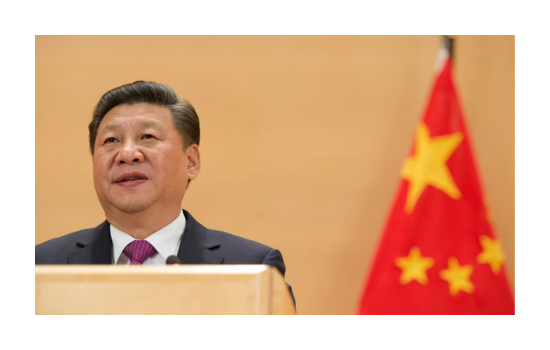Scott N. Romaniuk & László Csicsmann
Geopolitical Monitor, Dec. 23, 2024
“Beijing’s present-day relationship with the region consists of four facets: domestic/regional security, culture, economy, and politics/diplomacy.”
The abrupt ouster of the Assad regime in Syria after five decades of its reign caught governments around the world by surprise. This sudden transition of power and major shift in the geopolitics of the Middle East have implications for many countries. In light of this new normal, we evaluate the implications and potential prospects for Beijing in the political, economic, and security realms.
Türkiye sees the removal of Assad as a chance to normalize relations with Syria through the Syrian Interim Government (SIG) and the Hay’at Tahrir al-Sham (HTS) group. The fall of Assad signifies the loss of one of Putin’s significant Middle East allies, which reportedly led to the dismantling of some military equipment and the withdrawal of military personnel from Syria. The possibility of a Syrian-style revolution in Tehran and the necessity of Iran’s increased commitment to thwarting outside pressures have become major considerations. Losing Assad might also make it harder for Iran to supply Hezbollah, its proxy group in Lebanon. Similar to Türkiye, the United States (US) and Israel have a unique chance to strengthen their power in the country and the Middle East at the expense of Iranian and Russian sway.
The disintegration of the ‘Shi’a crescent’ and the deterioration of the ‘Axis of Resistance’—of which Syria was the sole United Nations (UN) member—along with China’s loss of a ‘strategic partnership,’ has fostered a prevailing view that China is currently facing only regional setbacks. Given China’s cautious and pragmatic approach in the Middle East, as well as Beijing’s diplomatic engagement with the Taliban in recent years, the negative impact of Assad’s overthrow on China may be overstated; however, there are reasons to believe that Beijing will see some opportunities in a post-Assad Middle East. Unfortunately, the situation is not entirely positive….SOURCE


